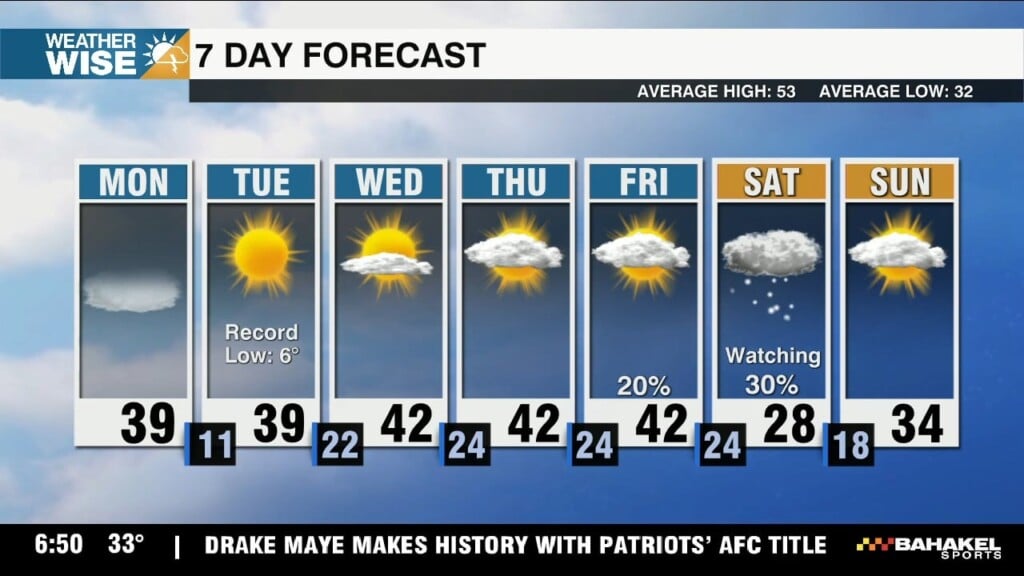RALEIGH, N.C. — North Carolina Department of Health and Human Services officials say the public should get vaccinated against hepatitis A after reporting an increase in cases linked to an outbreak from April of 2018.
Officials say out of the 423 cases related to the outbreak, 270 cases have been reported since January of 2020, and NCDHHS has reported four deaths linked to the outbreak this year 9five deaths in total).
NCDHHS officials say vaccinations are recommended for anyone at high risk including homeless people, men who have sex with men, and drug users.
“Getting vaccinated is the best way to protect yourself against hepatitis A,” said Dr. Erica Wilson, medical director for vaccine preventable diseases in the NCDHHS Division of Public Health. “One dose of vaccine is highly effective, and a second dose gives lifelong immunity. We also urge everyone to continue to practice good hand hygiene and safer sex practices. Drug use also increases risk of infection, and individuals who continue to use drugs should practice harm reduction strategies and get vaccinated.”
The hepatitis A vaccine is available for free to anyone who qualifies as a high risk individual at all local health departments, according to a news release.
Officials say hepatitis A is a contagious liver infection that when contracted can cause mild illness lasting a few weeks to severe illness lasting several months, and because it causes inflammation of the liver, anyone with underlying liver disease is at risk of more severe complications.
The virus is transmitted usually through food or water that has been contaminated with feces from a contagious person, and it can be spread through sexual contact or non-sexual contact and sharing needles, according to a news release.
Anyone experiencing hepatitis A symptoms, listed below, should call their local health care provider and refrain from preparing food for others.
- Fever.
- Fatigue.
- Nausea.
- Loss of appetite.
- Stomach pain.
- Jaundice (yellowing of the skin and or eyes).
- Dark-colored urine.
- Clay-colored bowel movements.
Click here to learn more about the ongoing outbreak in North Carolina.




